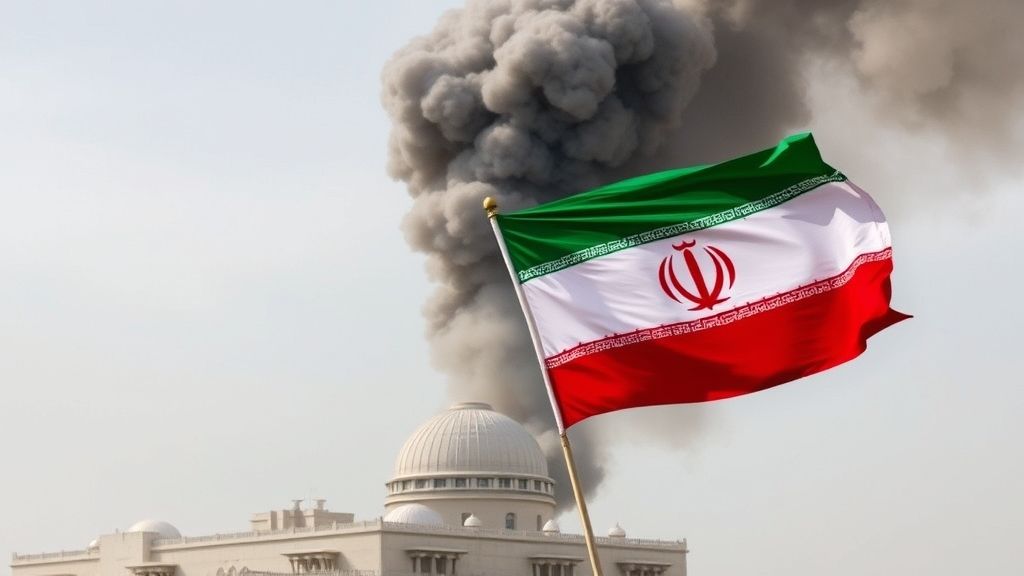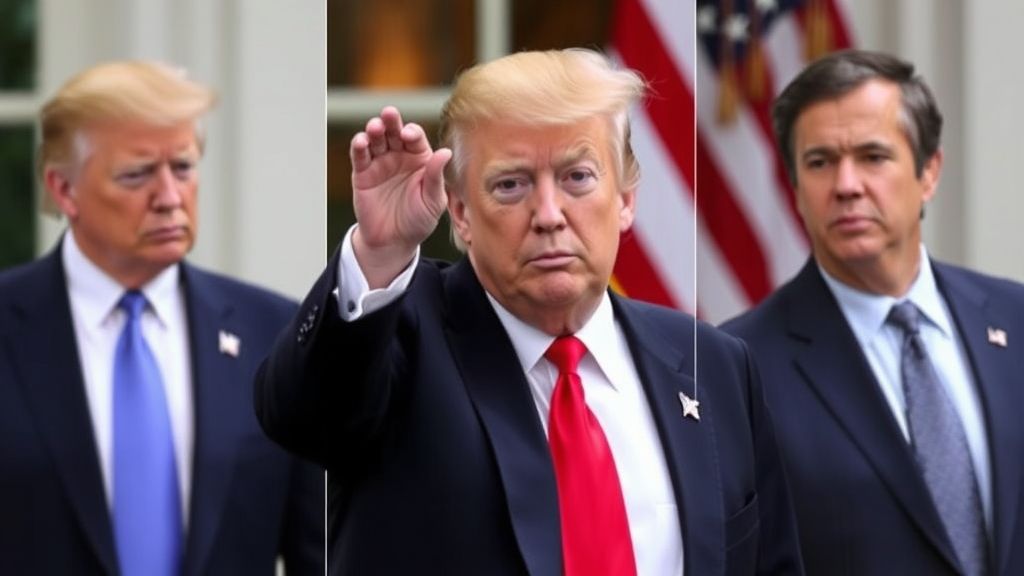In a significant development concerning global nuclear non-proliferation efforts, the United Nations Security Council has triggered what are known as “snapback” sanctions against Iran. This move, stemming from alleged breaches of the Joint Comprehensive Plan of Action (JCPOA), reintroduces a stringent set of international penalties that were previously lifted. The decision marks a critical juncture in diplomatic relations and has far-reaching implications for Iran’s economy and its nuclear trajectory, as well as for regional stability.
Understanding the “Snapback” Mechanism and its Implications
The “snapback” mechanism, a contentious provision within the 2015 Iran nuclear deal (JCPOA), allows signatory nations to re-impose sanctions if they believe Iran is violating the terms of the agreement. This provision was designed as a safeguard, intended to prevent Iran from reneging on its commitments to curb its nuclear program. However, its activation has historically been a point of contention, with different parties interpreting its triggers and legitimacy differently.
The core of the snapback sanctions involves a comprehensive array of measures that target Iran’s access to international finance, its oil exports, and its procurement of sensitive technologies. This includes:
Financial Restrictions: Reinstatement of prohibitions on Iranian banks engaging in international transactions, freezing assets of key individuals and entities, and limiting access to global financial markets.
Arms Embargo: Reintroduction of a ban on the sale or supply of arms and related materiel to Iran, and the prohibition of Iran from exporting conventional arms.
Travel Bans: Imposition of travel restrictions on individuals deemed to be involved in Iran’s nuclear program or its proliferation activities.
Restrictions on Technology and Goods: Reinstatement of controls on the export and import of dual-use goods and technologies that could be used for both civilian and military purposes, particularly those related to Iran’s nuclear and ballistic missile programs.
The impact of these renewed sanctions is expected to be substantial. For Iran, it signifies a return to an era of economic pressure, potentially hindering its ability to fund its domestic programs and further isolating it on the global stage. This could lead to increased inflation, currency devaluation, and a reduction in foreign investment, all of which would directly affect the livelihoods of its citizens.
The Diplomatic Tightrope and Future Pathways
The decision to invoke the snapback sanctions underscores the deep divisions and complexities surrounding Iran’s nuclear ambitions. While some nations, particularly the United States, view this as a necessary step to hold Iran accountable and prevent it from acquiring nuclear weapons, others express concerns about the potential for escalation and the undermining of diplomatic cha
els.
The JCPOA itself has been a subject of intense debate. The original agreement aimed to provide Iran with sanctions relief in exchange for significant limitations on its uranium enrichment activities and other nuclear-related programs for a specified period. However, the US withdrawal from the deal in 2018 and its subsequent re-imposition of unilateral sanctions significantly strained the agreement, leading Iran to gradually reduce its compliance with some of its nuclear commitments.
The current activation of snapback sanctions raises critical questions about the future of the JCPOA and the broader diplomatic landscape in the Middle East. For other signatories to the deal, such as the European Union, China, and Russia, the situation presents a delicate balancing act. They are tasked with navigating the demands of upholding international agreements while also seeking to de-escalate tensions and preserve any remaining avenues for dialogue.
Potential Avenues for Resolution
Moving forward, several pathways could emerge from this situation:
Renewed Diplomatic Engagement: Despite the current setback, sustained and creative diplomatic efforts could potentially lead to a renegotiation or revitalization of the JCPOA, or a new framework agreement that addresses the concerns of all parties involved. This would likely require willingness from both Iran and the sanctioning nations to compromise and engage in good-faith negotiations.
Regional De-escalation Efforts: The tensions surrounding Iran’s nuclear program are intrinsically linked to broader regional security concerns. Initiatives aimed at fostering dialogue and cooperation among regional powers could help to create a more stable environment conducive to diplomatic solutions.
- Verification and Transparency Measures: Strengthening international monitoring and verification mechanisms for Iran’s nuclear activities could build greater confidence and address lingering suspicions. This would involve robust inspections by the International Atomic Energy Agency (IAEA) and clear reporting protocols.
The re-imposition of snapback sanctions is a stark reminder of the precarious nature of international security and the persistent challenges in managing the proliferation of weapons of mass destruction. The coming weeks and months will be crucial in determining whether this latest development leads to further confrontation or opens a new chapter of diplomatic engagement aimed at achieving a peaceful and verifiable resolution to Iran’s nuclear program. The international community will be closely watching to see how these complex dynamics unfold.



